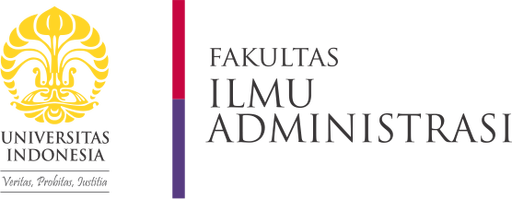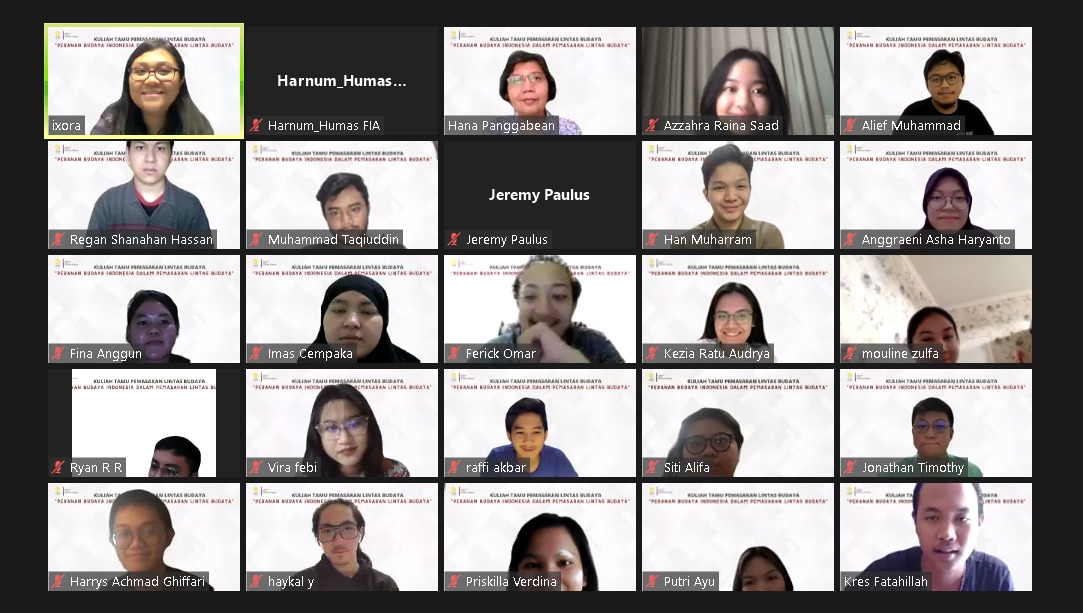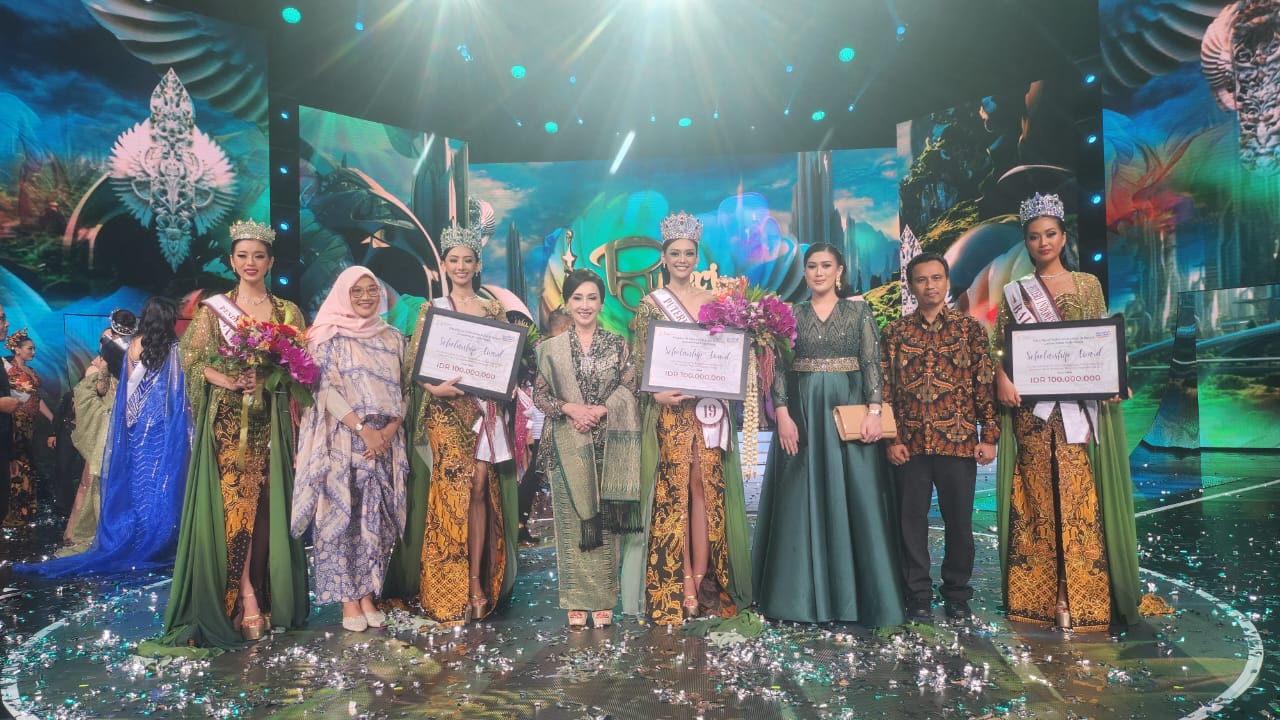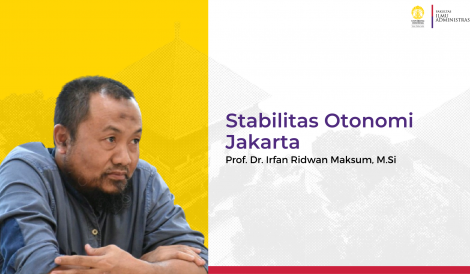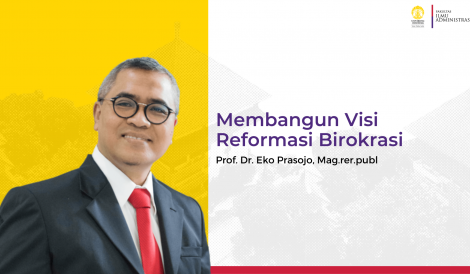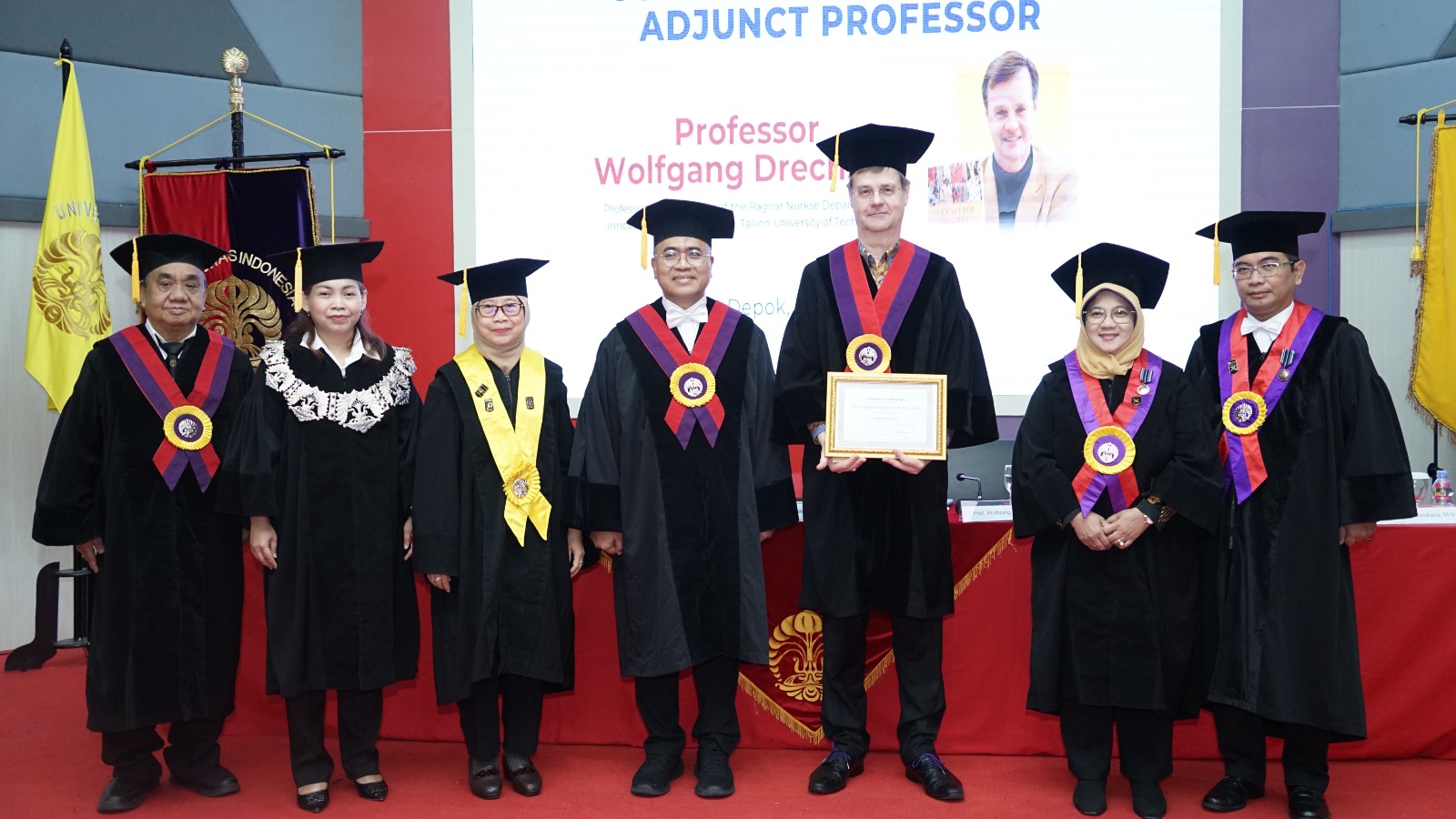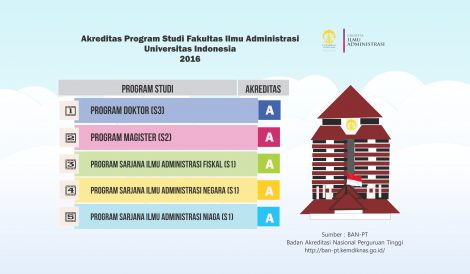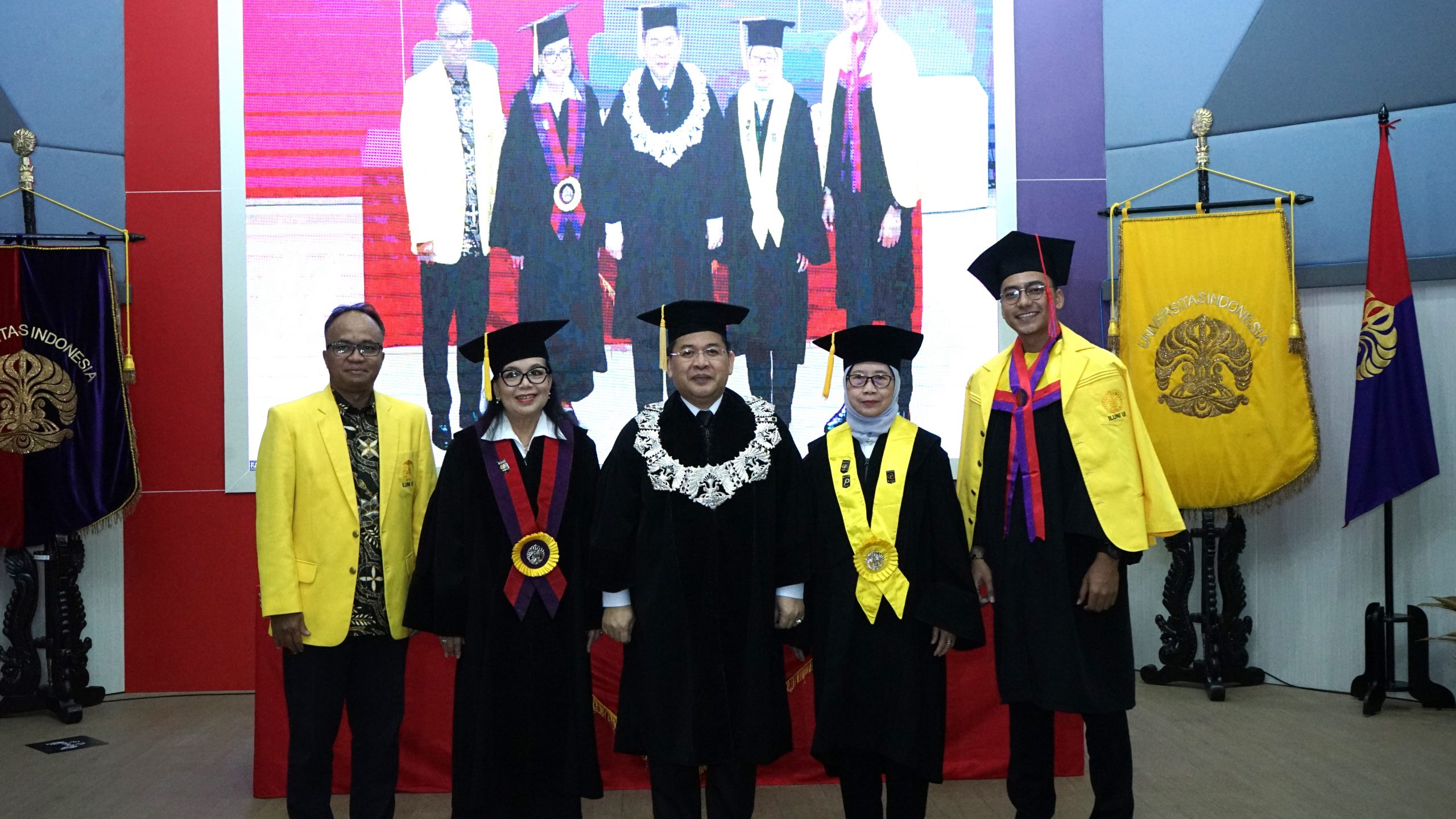Cultural understanding is very important so that market penetration can be right on target. The culture in question is not only the culture of the nation, but also the culture of the group.
This was conveyed by Prof.Dr.Phil. Hannah R.G. Panggabean as a resource person in a guest lecture with the theme “The Role of Indonesian Culture in Cross-Cultural Marketing” organized by the Faculty of Administrative Sciences, University of Indonesia (FIA UI) online, Friday (11/2).
Guest lecture participants at this event are limited to FIA UI students. Students seemed very enthusiastic by providing questions and answers during this guest lecture. In the lecture, Prof. Hana also gave several interactive questions to the students who took part in the lecture related to perceptions and stereotypes in the global, group, and personal cultural spheres.
The woman who is familiarly called Prof. This Hana started the conversation by showing an advertisement for a fast food product that serves different types in each country, but has the same brand name. “This is one example of the application of marketing that is tailored to the culture of each country,” he said.
Furthermore, Prof. Hana explained that the culture we know today is only a small part of the real culture. He presented the Cultural Iceberg Model which contained a broader understanding of culture. “Culture is something that is learned, not something that is brought from birth,” he said.
Prof. Hana also said that Indonesia has a global culture which is shown by various special products such as batik which is widely used by famous people in the world. “In addition, Indonesia has 7 cultural standards, namely religiosity, sociability, diversity, implicit communication, facilitative leadership, nrimo, and generalist competence,” he explained.
It doesn’t stop there, Prof. Hana explained that culture is important in international cooperation. What he emphasized was that as Indonesian citizens, we should learn to understand our own culture better than to understand the culture of other countries.
“This needs to be considered so that cultural perceptions are not biased. Furthermore, culture also has implications as a guide based on our strengths and weaknesses as Indonesian people,” he said.
On a different occasion, Lecturer for Cross-Cultural Marketing Course Ixora Lundia Suwaryono, S.Sos., M.S. also said that with a strong understanding of Indonesian cultural standards, we can anticipate when interacting with other cultures in certain contexts.
“In marketing science, it is necessary to understand our own culture and how the local culture in which the product will be marketed, so that we can avoid cultural conflicts that can harm the marketing of the product,” added Ixora.
Several FIA lecturers who were present in this guest lecture also asked questions that made this lecture more interesting. Regarding the competence of the Indonesian people who tend to be generalists, Dr. Lina Miftahul Jannah, S.Sos, M.Si asked a question about whether we should only understand one science or should make changes.
In response to this, Prof. Hana explained that knowledge is now very accessible. Therefore, the knowledge learned should be focused and in-depth. To be able to catch up on the international stage, we must be able to develop ourselves by taking advantage of all available opportunities, such as certification for certain competencies.
